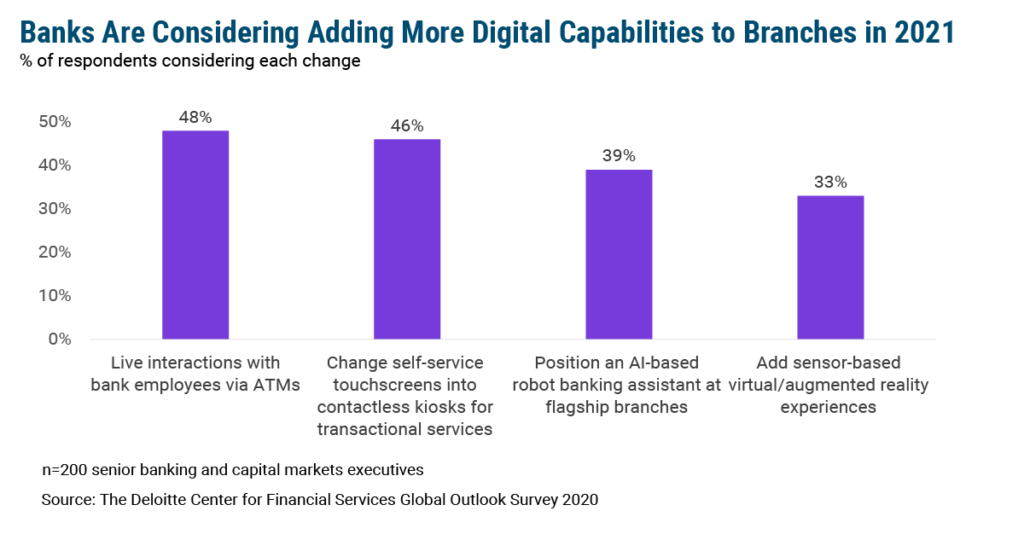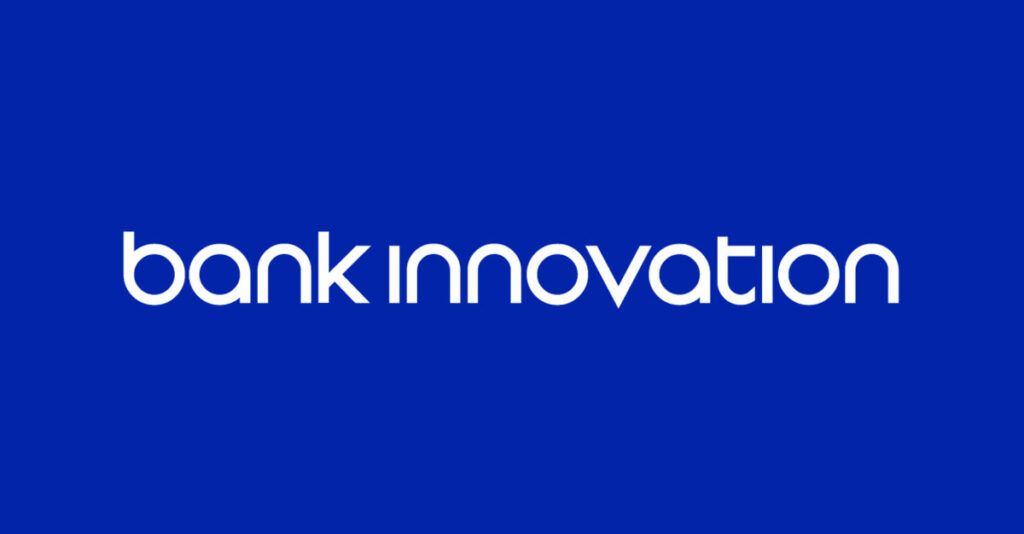Fintech Disruption Leads to Consolidation in the Wealth Management Space
For years the industry has seen a trend of fintech startups moving from competition to cooperation with legacy financial institutions, from disruption to partnership. It may be closest to the truth to say that while partnerships between fintechs and traditional financial institutions are indeed being formed at an unprecedented pace, these same fintechs are also causing significant disruption among incumbent institutions.
There has also been extensive debate over the relative vulnerability of the wealth management space to disruption. On one side it is argued that people want advice from other people, not robots or algorithms, and that this is particularly true of older customers, who want to be able to pick up the phone and talk to someone. The opposing view is that customers, particularly younger customers, would rather cut off their thumbs than speak to another human, and are happy to stick with their algorithms and ETFs.
Roboadvisors are out of fashion as we head into 2020. The more recent trend is the hybrid approach, a blend of digital and human advice, which is an attempt to accommodate both kinds of customers discussed above.
But there is no doubt the robos have shaken up the wealth space, with perhaps no clearer sign than the mega acquisition of TD Ameritrade by larger rival Charles Schwab announced in November. The deal is expected to close in the second half of 2020. This $26 billion all-stock deal of two discount brokers puts $5 trillion in client assets under management. The combined entity will control 11% of assets in the space, less than giants such as Vanguard and Fidelity, and will benefit from cost-saving efficiencies once operations are consolidated.
All the firms in the wealth management space are under pressure given the no-fee trading offered by the digital disruptors. But the new companies earn revenue in other ways, through dealflow and volume discounts, and selling orders to high-frequency traders. The model is changing, and for all the talk of transparency, all costs ultimately flow to the consumer. But “no fee” is great marketing and that has hurt the low-fee brokerages. Schwab dropped its fees in October, and TD Ameritrade followed suit not long afterward.
Banking is facing similar no-fee pressures, leading many to predict the end of overdraft fees and the like in retail banking. Challenger banks are pulling in massive amounts of funding, and investor appetite for new banks seems to know no bounds. But despite the impressive (if dubious) numbers cited by Chime and the like, these banks are far from taking a measurable percentage of customers from established institutions in the space. (Even Robinhood applied for a banking license, but has since withdrawn that application.)
But new banks are taking deposits from larger institutions, even if they are only used as secondary accounts. Their most important area of disruption may actually be a positive for banks, introducing new features that can be copied. Certainly the user experience of newer banks, offering more transparency into fees and context around transactions, is carrying over to larger rivals. Chime did not invent the concept of paycheck advances, which were already commonplace at credit unions, but it brought them into the mainstrem banking conversation.
The consolidation seen in banking and large vendors in 2019 is only partially due to disruption from digital challengers, and the challenges facing investment brokerages is far different than those facing retail banks. But the challengers are here to stay, and growing numbers of customers as well as investors are rooting for them. Banks need to take note of the features customers appreciate and see how they can offer them or risk losing customers to those that do.
Do you want to talk about how challenger banks may be affecting your business? Please contact us to learn more.
Subscribe to CCG Insights.








